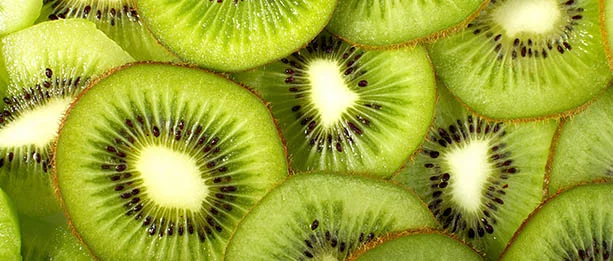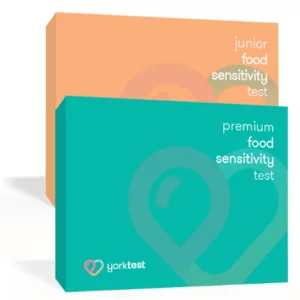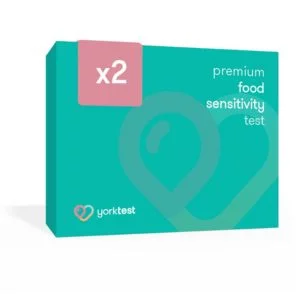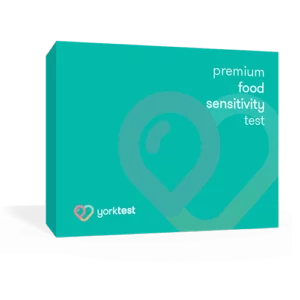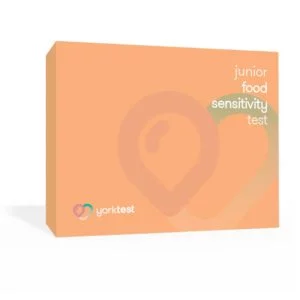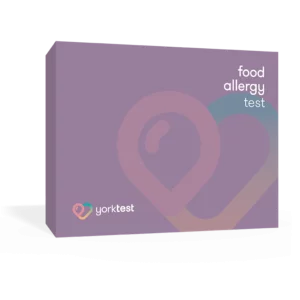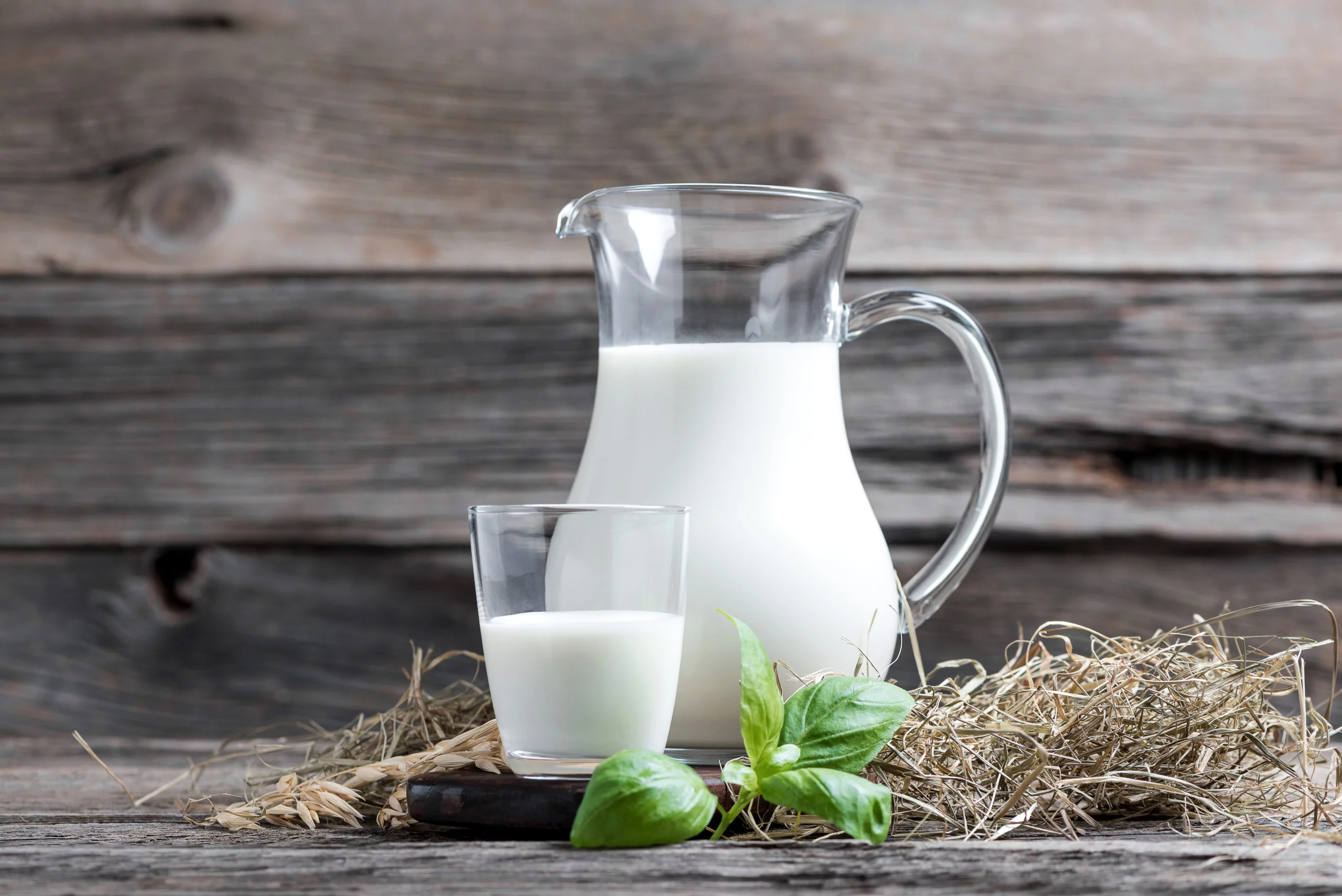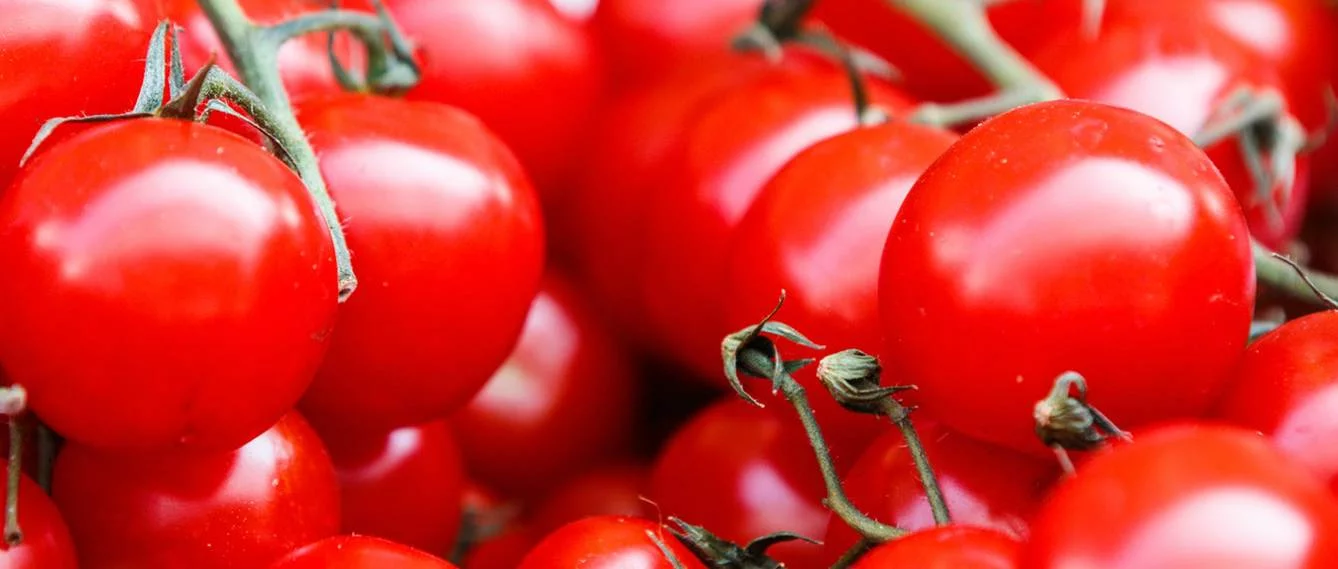The kiwi fruit (also known as Chinese gooseberry or Macaque peach) is an edible berry of a woody vine like plant called Actinidia. Kiwi fruit were introduced to Britain in the 1970’s and have become an increasingly popular food. With increasing consumption there has been a large increase in allergies to kiwi fruit.
What are the symptoms of kiwi allergy?
The symptoms that people report are varied and range from mild local reactions in the mouth, tingling, sore mouth and swelling (oral allergy syndrome) to much more severe, even life threatening, symptoms such as wheezing, blue lips and even collapse. Symptoms can also include rashes, vomiting, abdominal pain and heartburn.
One study, of almost 300 kiwi fruit allergy sufferers, showed that severe symptoms are more likely in children rather than adults, and once you have had a severe reaction to kiwi fruit then future reactions are also likely to be severe. If you start off by having a mild reaction then it is unlikely that this reaction will get worse. In either case kiwi fruits need to be avoided. People who have kiwi allergy also often react to substances which contain similar proteins. These substances include latex (natural rubber), avocado, papayas, pineapples, bananas, apples and carrots. They are also more likely to react to tree pollens and suffer from hayfever.
How to deal with kiwi allergy?
People with true kiwi allergy need good medical advice, and may be referred by their GP to an allergy clinic where tests for this true allergy may be carried out. You can also try a home-to-laboratory allergy test kit to helped determine whether or not you have an IgE reaction to kiwi. Usually allergic reactions are obvious though and steps will need to be taken to avoid kiwi fruit; and also carry an EpiPen for protection if you do react badly. Some people have an intolerance to kiwi fruit, with symptoms that are not severe or immediate. Often symptoms are ongoing such as irritable bowel (IBS), bloating, headaches, migraines, tiredness, low mood and skin problems.
What are the health benefits of kiwi?
For people who aren’t allergic or intolerant then kiwi is a great fruit containing lots of healthy vitamins and minerals; potassium (about the same levels as bananas but only half the calories), vitamin C (instead of oranges think kiwi) and beta-carotene. It’s also rich in vitamin A and E, and its seeds are rich in alpha-linoleic acid, an omega-3 essential fatty acid. Kiwi fruit are high in fibre and have antioxidant properties. Eating kiwi fruit helps you to obtain your daily intake of antioxidants to help fight the damage caused by free radicals and oxidative stress.
There are many crossover symptoms of an allergy and an intolerance – why not take our FirstStep test to see if you have any food intolerances?
Choose the test that’s right for you
Customer Testimonials
Emily Catterall, 24: IBS
“I feel like I’m in a new body! I’m so much healthier. I can’t tell you how amazingly different I have felt since!â€
Sally Gunnell OBE, 52: Energy levels
“I’m not waking up as much during the night, not as bunged up in my nose and I’ve got so much more energyâ€

